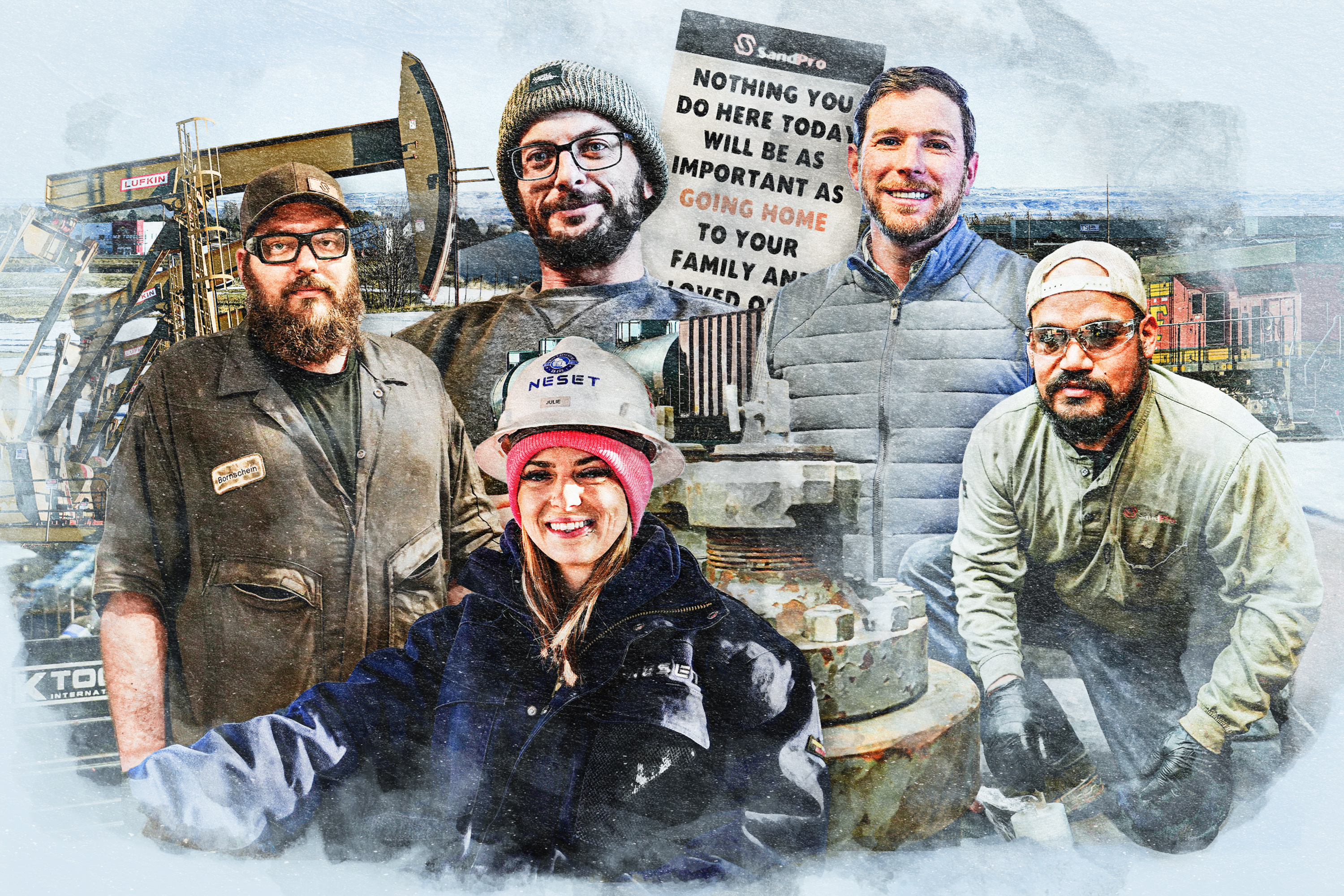WILLISTON, N.D.—Josef McConnell, a tennis coach from Southern California, had been unemployed for a year after the government response to the COVID-19 pandemic destroyed his business. Then, in 2021, a friend told him that there were good-paying jobs to be had in North Dakota’s Bakken oilfield.
He knew nothing of oilfields, had never heard of the Bakken Basin, and couldn’t, for that matter, even say much about North Dakota other than that he believed the state to be a cold, flat flyover tundra with corn and cows somewhere near Canada.










